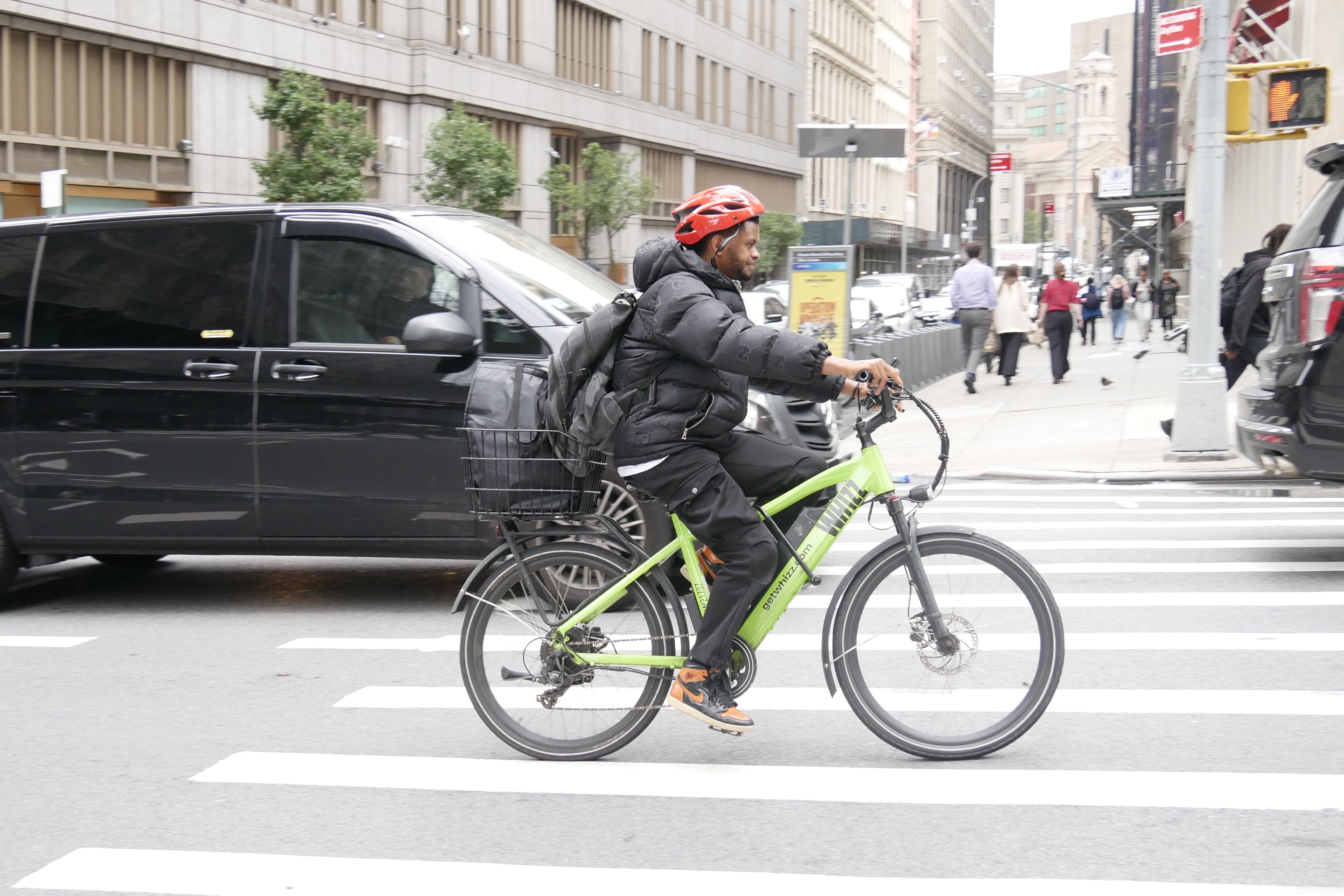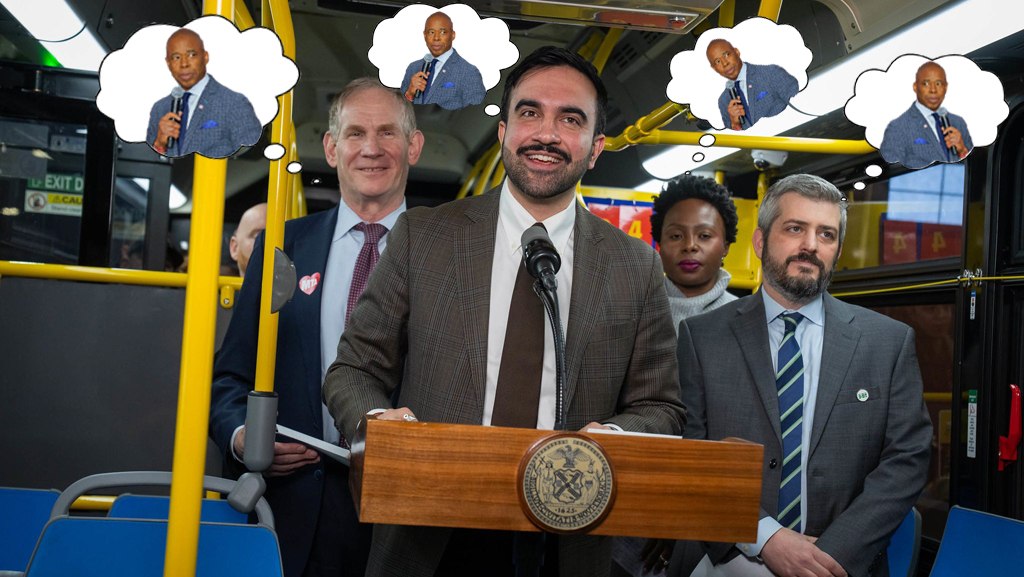Everyone knows the cost of their mortgage or rent. But, quickly, what exactly is the cost of your commute?
Maybe you could say how much you spend on gas or transit passes. But for drivers, especially, the total tab for maintenance, insurance and depreciation can be hard to pinpoint.
Transportation costs can have an enormous effect on our finances. And more and more research is showing that by far the biggest factor is the location of an individual's home relative to work and other destinations.
That's why Wendy Duran at Arlington, Virginia's CommuterPageBlog made choosing a home that was convenient to work a priority:
According to the ACCS 2009 Resident Study, 55% of Arlingtonians who work in either DC or Arlington take transit, pool, bike or walk to work compared to the 88% of Arlingtonians working in other jurisdictions other than DC and Arlington that drive alone to work. I would say there is a direct correlation between where these people live and the mode of travel they use. Sure, they are probably spending more money monthly on housing than in some other suburbs or exurbs, but they are also saving a considerable amount of money regarding their daily commute.
When I talk to people about their commute they often affix a time to it. Some people state the reason they don't walk, bike, take the bus, rail, train, etc is "I can drive to work quicker." But is that taking into consideration the total time from their home to their office front door as well as the time spent fueling/maintaining/parking a vehicle? When the topic of cost comes up, it's common to only consider the cost of the bus/train/rail fare and not comparing it to the true daily cost that goes along with driving a car, i.e.: insurance, gas, depreciation, wear and tear, etc.
But what if we looked at a commute in terms of money AND time saved? Would people be more swayed if it didn't take a considerable amount of extra time per day and they could save $5000? $5000 equates to an additional $416 monthly that could go towards a mortgage or rent. The $5000 savings was based on a two-car family cutting back to one car. Imagine if there was an annual savings of$12,296 by going completely car-free? That would be an additional $1024 monthly that could go towards rent or a mortgage.
Elsewhere on the Network today: Extraordinary Observations discusses a recent recommendation by British doctors that bicycle helmets shouldn't be mandated. Bike Portland explains that the owner of a multi-passenger bicycle known as the "Pedilounger" is facing an uphill permitting battle with City Hall. And Seattle Transit Blog reports that opponents of streetcar expansion are raising specious safety concerns.






